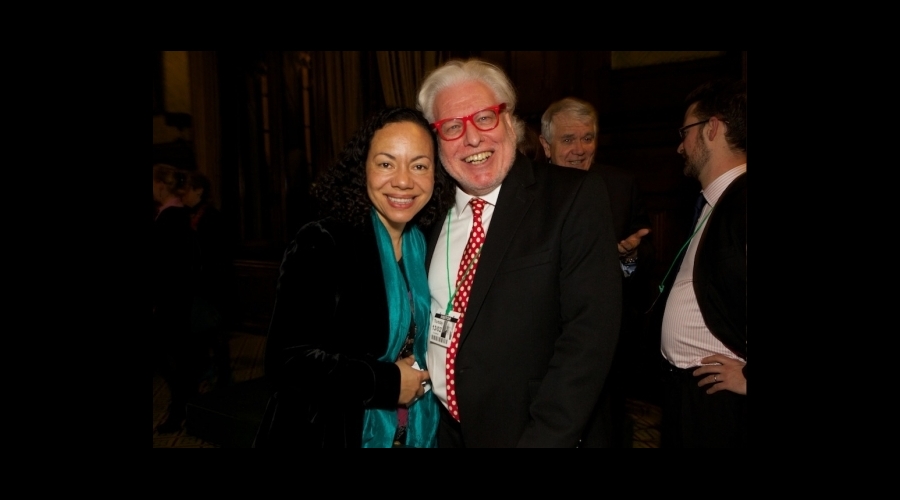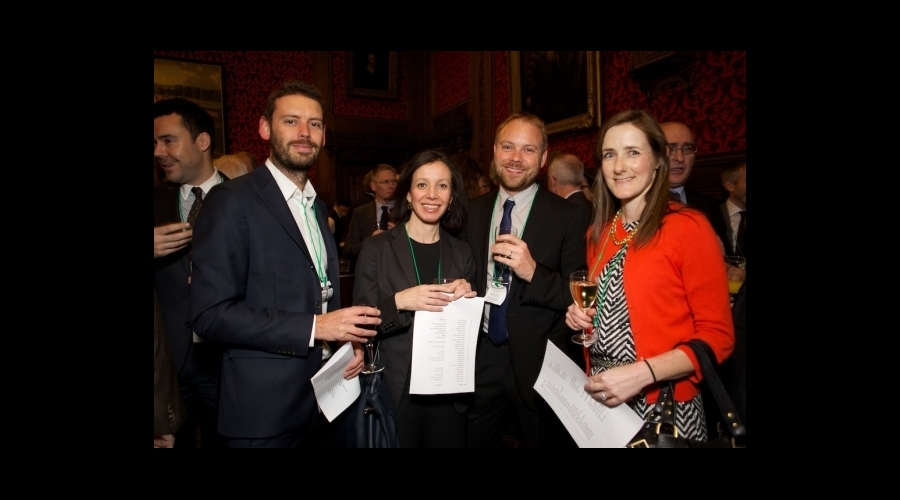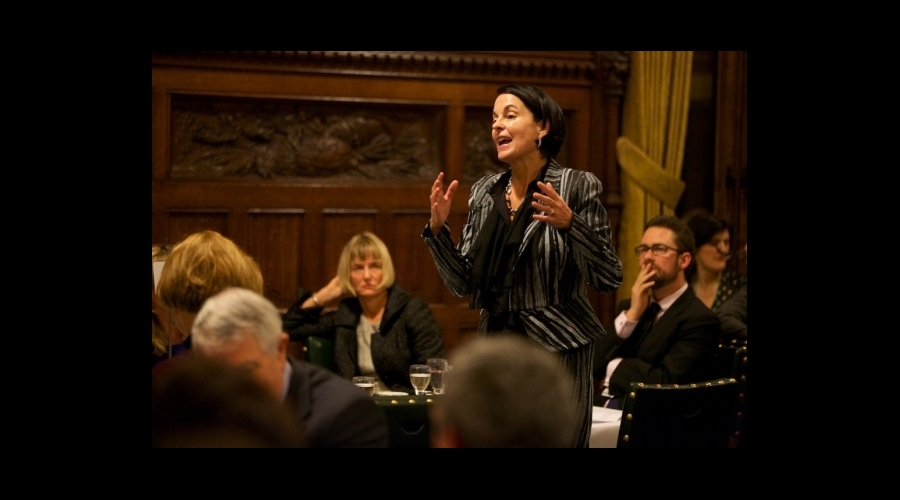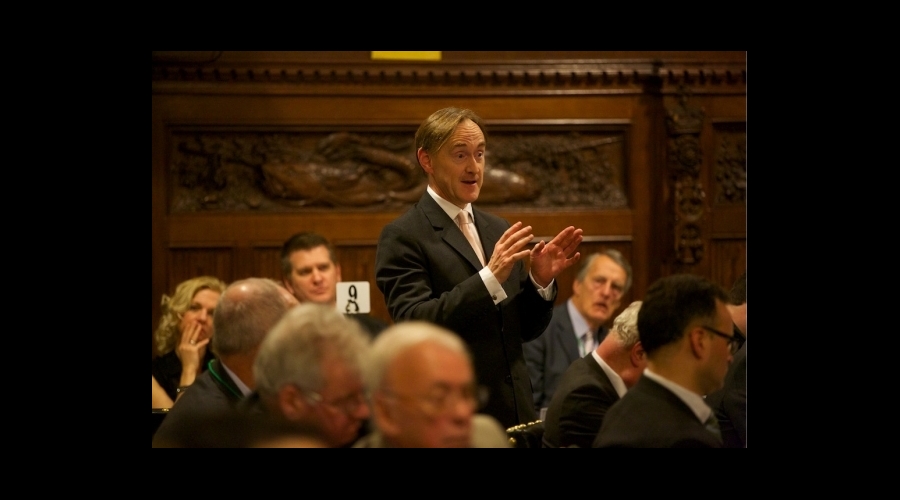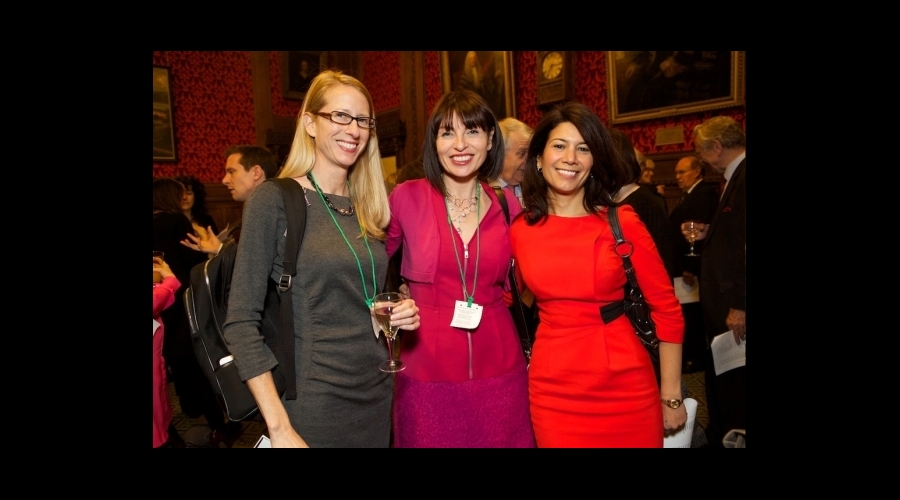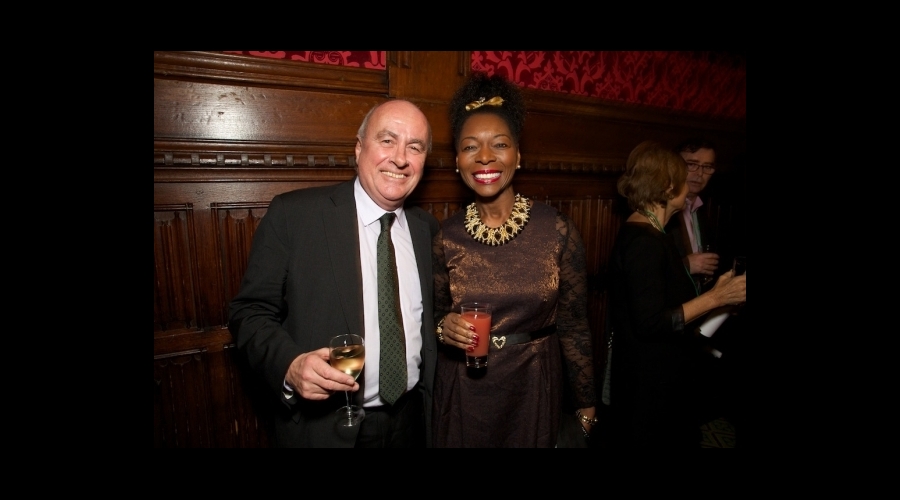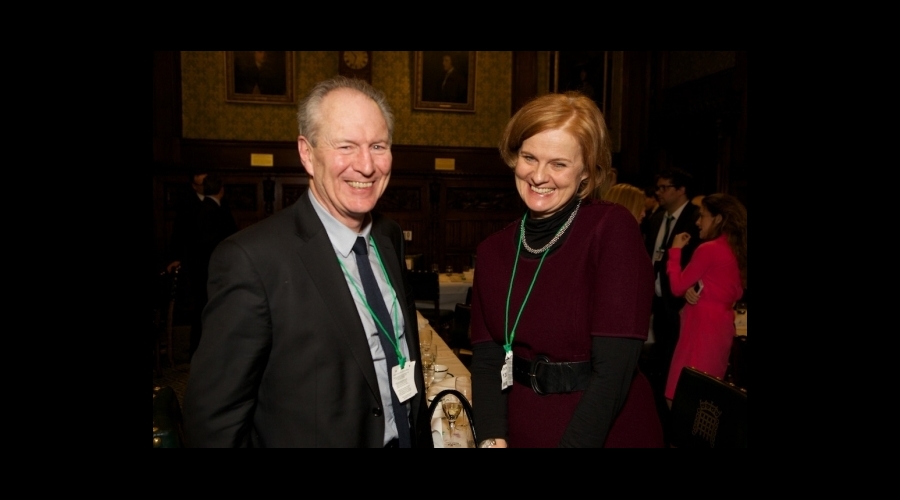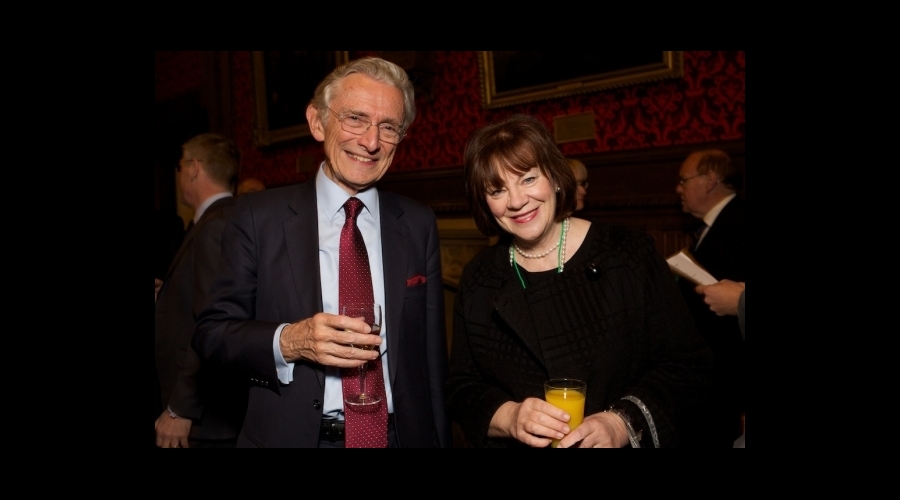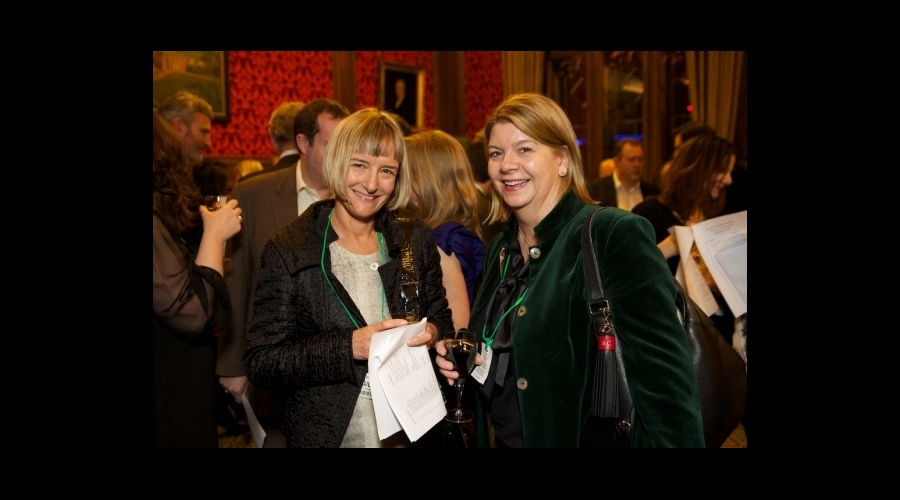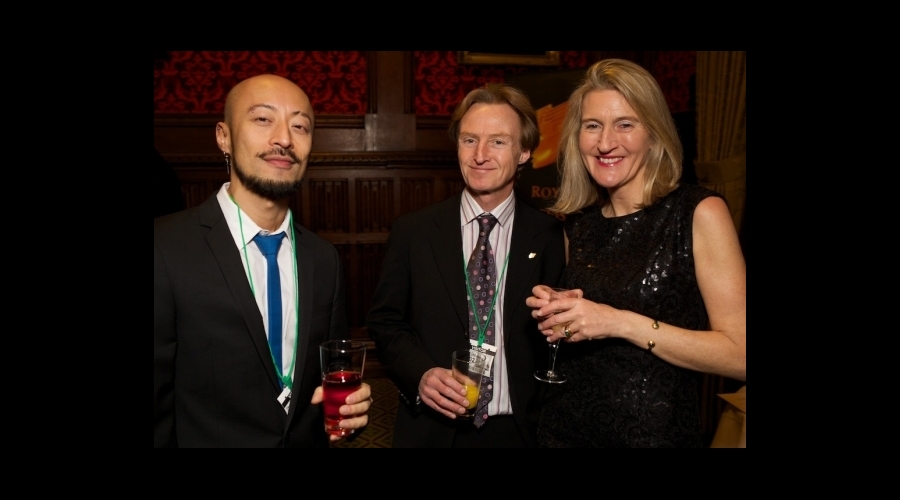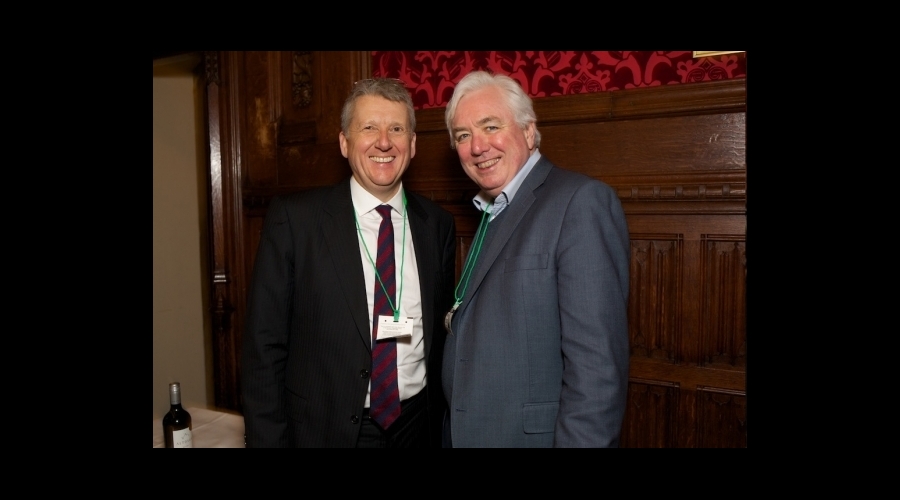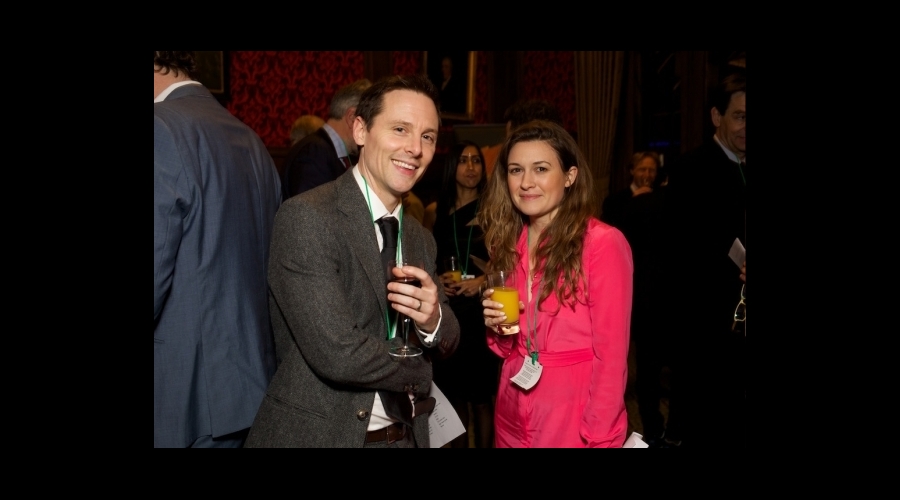The outgoing chair of Ofcom has signalled support for the controversial idea of further top-slicing the BBC licence fee in order to support commercial public service broadcasters.
Speaking at an RTS House of Commons dinner on 13 February, Colette Bowe said she had “sympathy” for the idea of “contestability”.
“There is a lot to be said for it on competition grounds...
“It is very, very difficult to make it [contestability] work in practice, but that does not make it a good reason not to do it,” she told an audience of MPs and industry leaders, including the beleaguered chairman of the BBC Trust, Lord Patten.
Bowe, however, acknowledged that further top-slicing would “weaken the institutional funding base of the BBC”.
And with more homes choosing not to own a TV set and watching BBC content online, part of the challenge facing the corporation would be to enforce payment of the licence fee.
Channel 4 CEO David Abraham said that accepting licence-fee money to fund his network’s editorial activities risked compromising the station’s independence.
But he was more positive about taking some of the BBC money if it was used to help Channel 4’s growing technological costs as more content goes online.
The Coalition Government introduced a limited degree of top-slicing when it froze the licence fee in 2010.
Under the terms of that agreement, the BBC was given new financial responsibility for funding BBC Monitoring, the World Service and S4C plus other, smaller commitments.
The Ofcom chair said the issue for the BBC in relation to Ofcom was not “regulating the BBC”. “We already regulate quite a lot of things that happen at the BBC,” she observed.
Bowe, who was questioned at the dinner by RTS president Sir Peter Bazalgette, was equally forthright on another fraught topic - policing internet pornography.
She said watchdogs such as Ofcom need to be realistic regarding the limits of what they can deliver on behalf of the public.
Ofcom works with “the art of the possible,” and “there are limits to regulatory action,” Bowe admitted.
She also urged politicians not to underestimate the seriousness of the looming battle between broadcasters and mobile companies over spectrum.
There is a tendency for policy-makers’ eyes to glaze over when spectrum is mentioned. But Bowe emphasised that the battle for "scarce spectrum is a very, very serious issue for the industry”.
She warned: “If we get this thing wrong there will be very serious consequences for the delivery of PSB in the UK.”
A full report of the event, held at the Members Dining Room in the House of Commons, will appear in the March edition of Television. It was produced by Sue Robertson.
Report by Steve Clarke
Pictures by Paul Hampartsoumian


